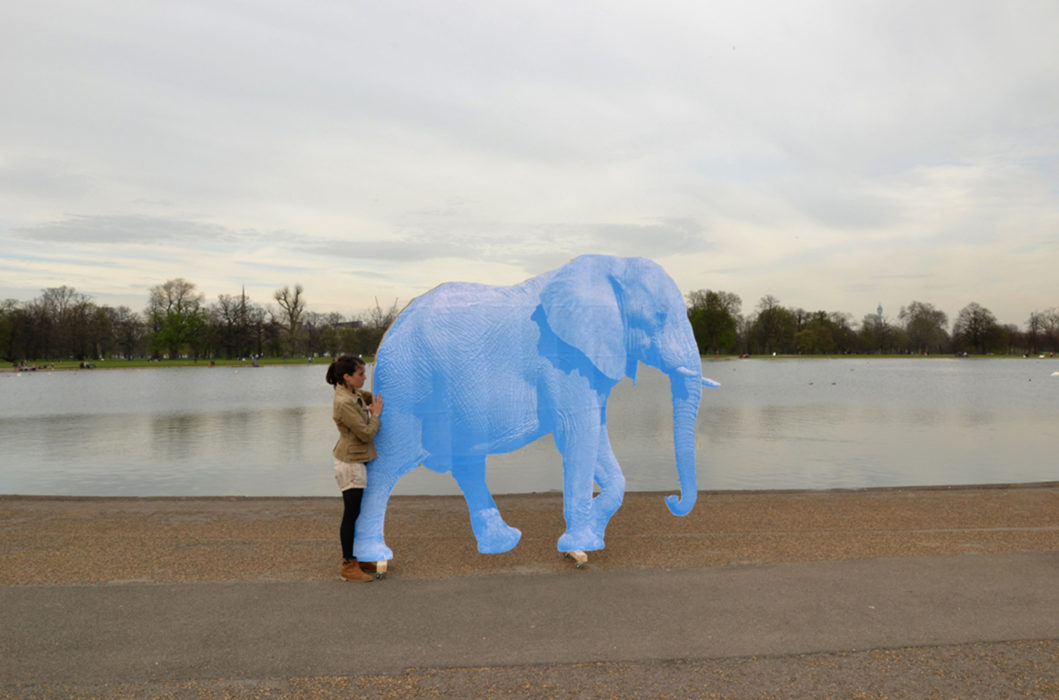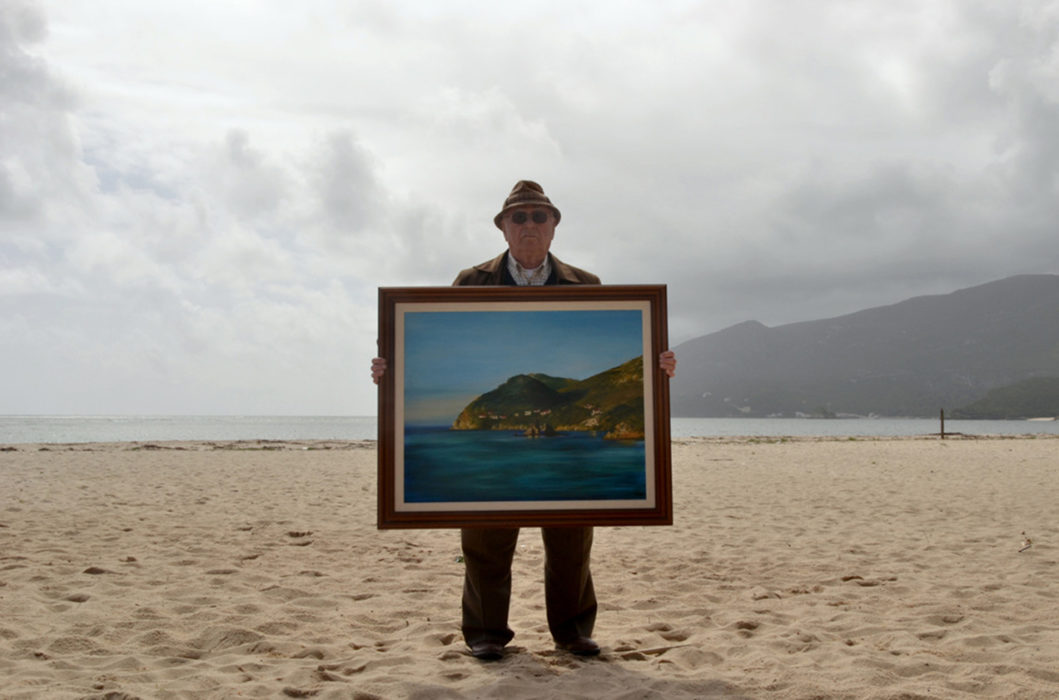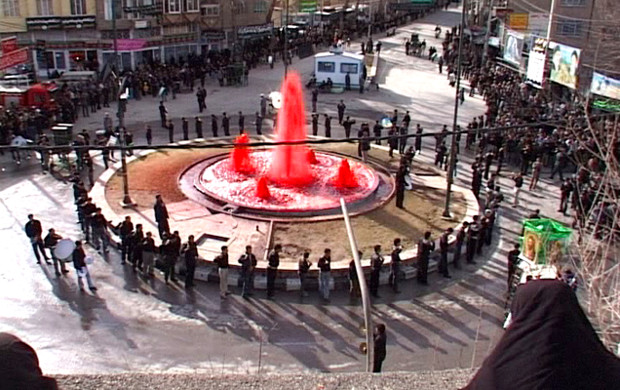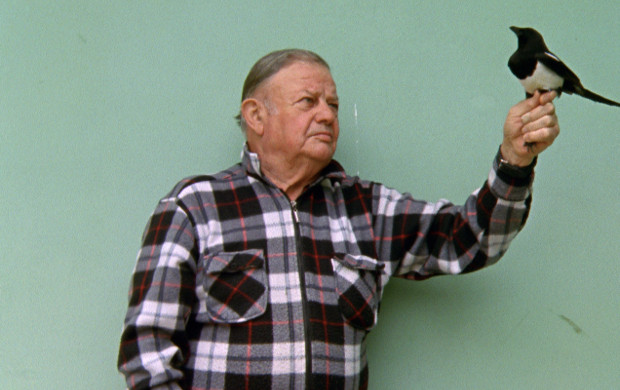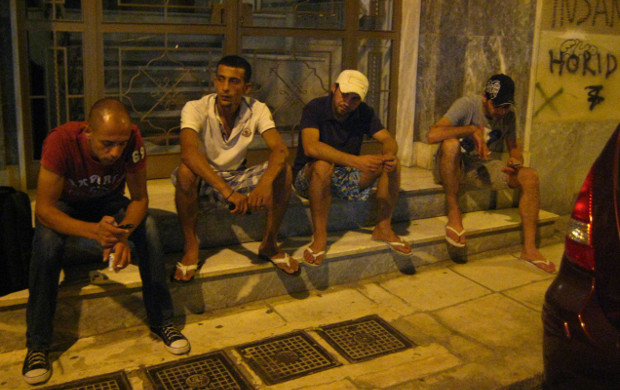METÁFORA OU A TRISTEZA VIRADA DO AVESSO
METAPHOR OR SADNESS INSIDE OUT
- 2014
- Portugal; United Kingdom
- 32 minutes
- Portuguese
SHORT FILM AWARD
Ten years after their mother’s death, a brother and sister write to each other. The use of intrinsically nostalgic and grainy Super-8 images – closer to the senses than the story – provide a formal translation of a “treasure” that the filmmaker and her brother discovered at this time: “a Chinese box that had kept Mother’s smell”. Drawing on an intimate mourning process and powerful memories, what the film opens is the “Chinese box” of History. But the revolutionary Portugal of 1974, the Portugal of the filmmaker’s parents, is only obliquely present. Certainly, her mother posed rake in hand for a photo in the heat of the Agrarian Reform while another snapshot shows her father sporting a Che-Guevara beard, but the family photos only deepen the enigma of their activism. Their testimony now being impossible to record, the generation born ten years after the Carnation Revolution almost see these attributes as fictional. By alternating Super-8 film and extremely accurate digital footage, Catarina Vasconcelos makes an almost cruel separation between those who are forever enhanced by a sort of seventies’ patina (the father’s pop group that looks as if it were from Miguel Gomes’ Tabu) and the grandparents who have survived, aged and perhaps forgotten. Between the two formats, two generations and two cities (her letter is signed from London), the filmmaker finds in a “ginormous” metaphor her own way of combatting oblivion. (Charlotte Garson)
- Production : Catarina Vasconcelos
- Distribution : Milton Lopes
- Editing : Catarina Vasconcelos
- Sound : Mike Wyeld
- Photography : Catarina Vasconcelos; Margarida Rêgo; Mariana Nemer; Nuno Vasconcelos
- Narration : Milton Lopes; Catarina Vasconcelos
- Copy Contact : Catarina Vasconcelos
